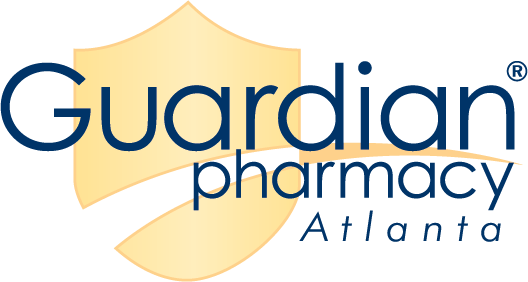As our long-term care residents get older, live longer, and have more complicated disease states, it seems that they have more and more medications. With this increase in medications, we are seeing more side effects and adverse effects of these medications.
A long-term care resident takes an average of eight to 10 medications per day. Because aging slows our metabolism and elimination of drugs, those eight to 10 medications can have the double the effect they would have on a younger person. As medications become more sophisticated, they often have more significant side effects. Thus, when an elderly person needs one of these medications, they must take other medications to treat the side effects. Since the elderly’s bodies do not metabolize medications as younger adults would, they can become over medicated. Another problem of overmedication happens when an elderly patient is taking medication that does not directly target his or her particular condition. An example of one of these conditions is medications used for Alzheimer’s and other dementia patients.
There are few medications available to treat dementia, and several of them are psychoactive, meaning they affect cognition, alertness, balance, appetite and hydration – the exact functions that are affected by aging itself. This means over-medicated residents can continually feel drowsy or sleepy, have little to no appetite, lose their desire for activity, stop walking, fall frequently and much more. Over-medicated residents can negatively impact your community and can cost our health care system millions of dollars that could be saved if medications were reviewed by all members of their healthcare team.
Long-term care pharmacists are the best resource to help you determine if a resident is over-medicated. At Guardian Pharmacy of Atlanta, our pharmacists are clinically trained and are here to help you manage your resident’s medications. If you believe you have an over-medicated resident, our pharmacists can work with the prescribing practitioner to try to reduce the number and dosages of medications, and can make suggestions on alternative medications to treat a particular problem.
If you would like to learn more about how we can help, please contact our consultant pharmacist, Lori Newcomb, at 404-309-4958.

